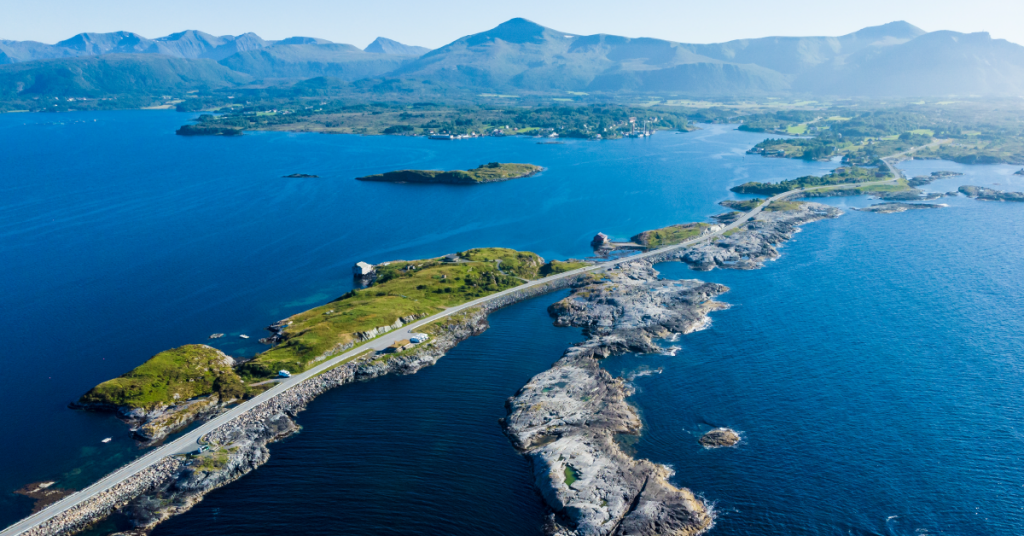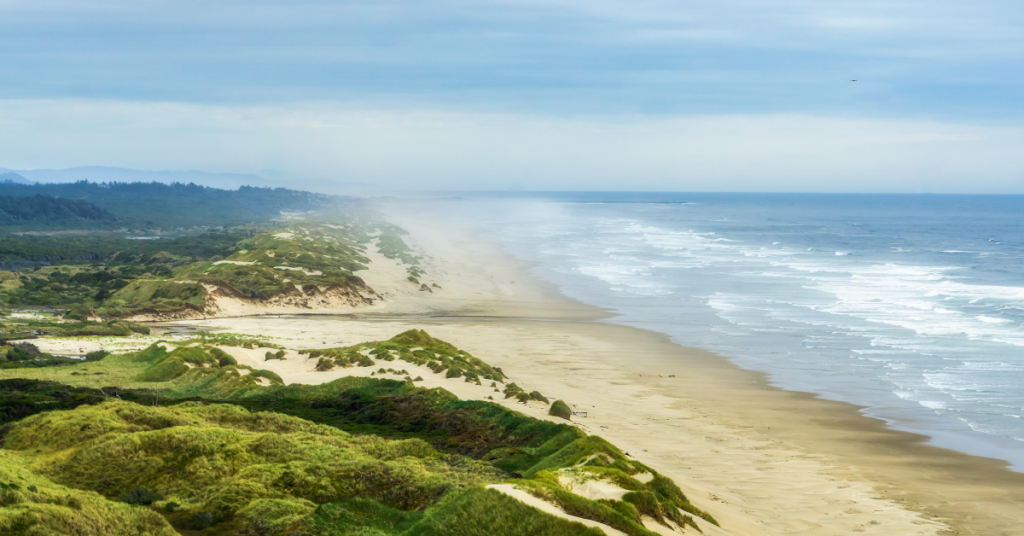Intensive Trainings

Source to Sink Systems Masterclass
November 13 - November 15

Why Choose this Training Course
This source to sink training course currently consists of 3-days sessions with roughly 25% theoretical lectures, 25% case studies and 50% exercises, a mixture that maximises the learning of key points and the online engagement of the delegates. It moves from sedimentological principles to study the influence of tectonics, topography, climate, provenance and drainage on the ‘quartz factory’ that controls the formation of high-quality clastic reservoirs. Particular emphasis is given in the lectures, case studies and exercises to the development of economic reservoir thicknesses and quality in deepwater settings. It is demonstrated that nearly all major deepwater clastic discoveries in recent years have a favourable ‘source to sink’ model to support them, while most failures do not. Case studies and exercises are taken from around the world to demonstrate these points and the course is therefore relevant to those exploring clastic reservoirs in all regions.
Who Should Attend
Geologists and geophysicists or exploration managers that are involved in the assessment of new exploration opportunities and new country entry, particularly if working on rifts and or passive margins. The basin analysis training course contents are on intermediate/advanced level and a basic knowledge of petroleum geology and in particular of petroleum systems is required.
Key Learning Objectives
- LEARN the methodology to assess reservoir risk, particularly in deepwater studies, through the study of all elements of the system that erodes, transports and deposits clastic reservoirs
- LEARN how to predict and interpret a paleodrainage system through a wide range of techniques and assess how sand-prone their system will be at different points in its history. Palaeodrainage systems can thus be ranked in terms of their likely ability to deliver thick sandstones into deepwater
- LEARN essentials of the regional ‘quartz factory’ approach to predicting reservoirs and how to integrate this with local data, such as seismic attributes, in order to more accurately predict reservoir risk
- UNDERSTAND the importance of the ‘source to sink’ approach as it is understood in a number of well-controlled analogue basins such as the Gulf of Mexico and the North Sea and will be able to apply the learnings from these basins to the less well-controlled basins they are studying themselves
- ENHANCE understanding of demonstrated scaling relationship between the size of drainage systems and those of fans, which are particularly applicable to the screening of ultra-deepwater frontiers, as featured in a number of recent licence rounds.
- These learnings are applicable to ALL deepwater areas around the world, though differences related to climate will be demonstrated by the global spread of the case studies.



